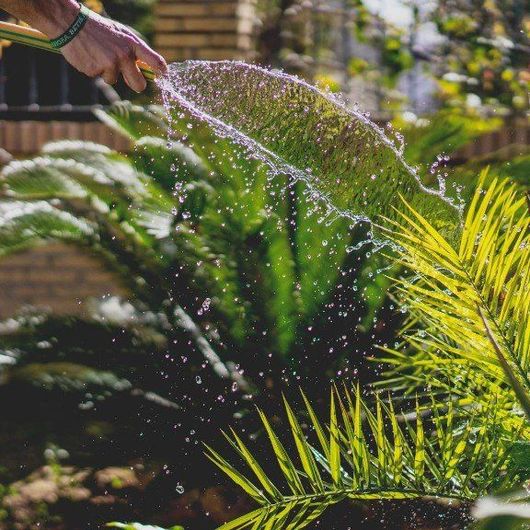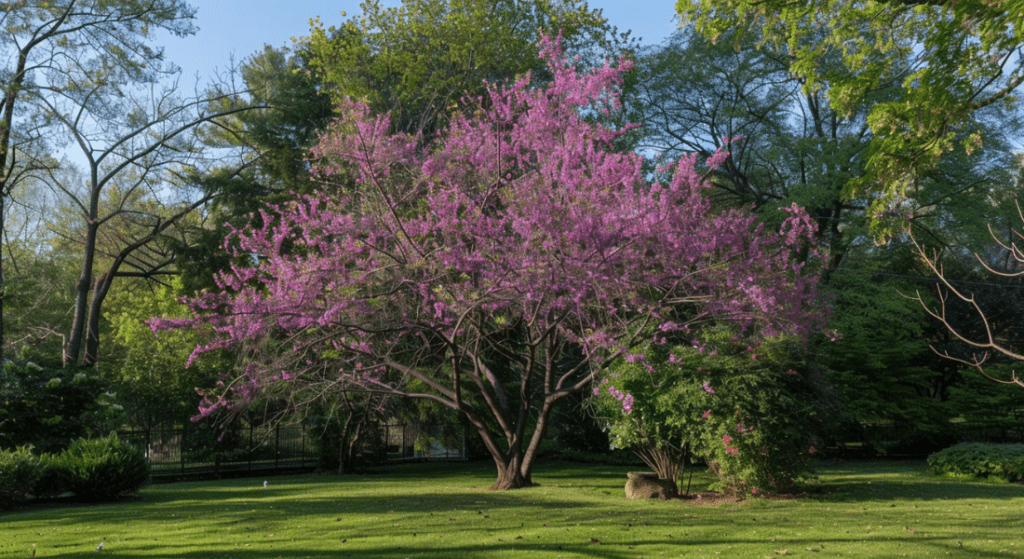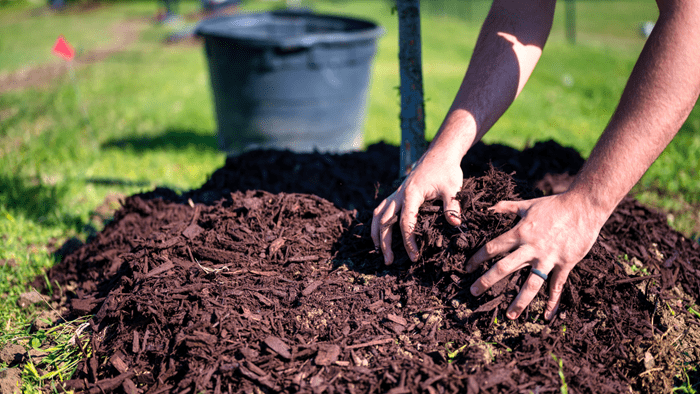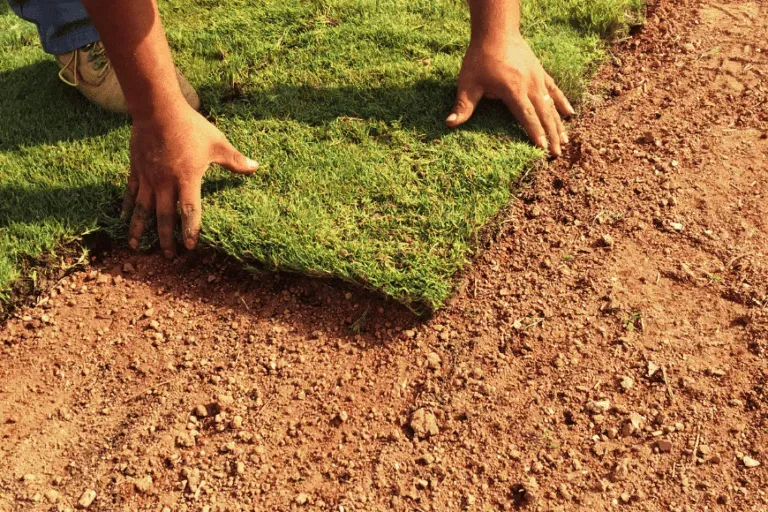Clarksville's Best Lawn Care Maintenance and Landscaping Services
We provide expert landscaping services to ensure your lawn looks amazing all year long!

Green Life Lawn Care Services is one of the most trusted residential landscaping contractors and lawn care service in Clarksville, TN, serving both commercial and residential clients. We take pride in delivering exceptional service and personalized care to every lawn we touch.
4+ Years of Experience in Lawn Care Services








